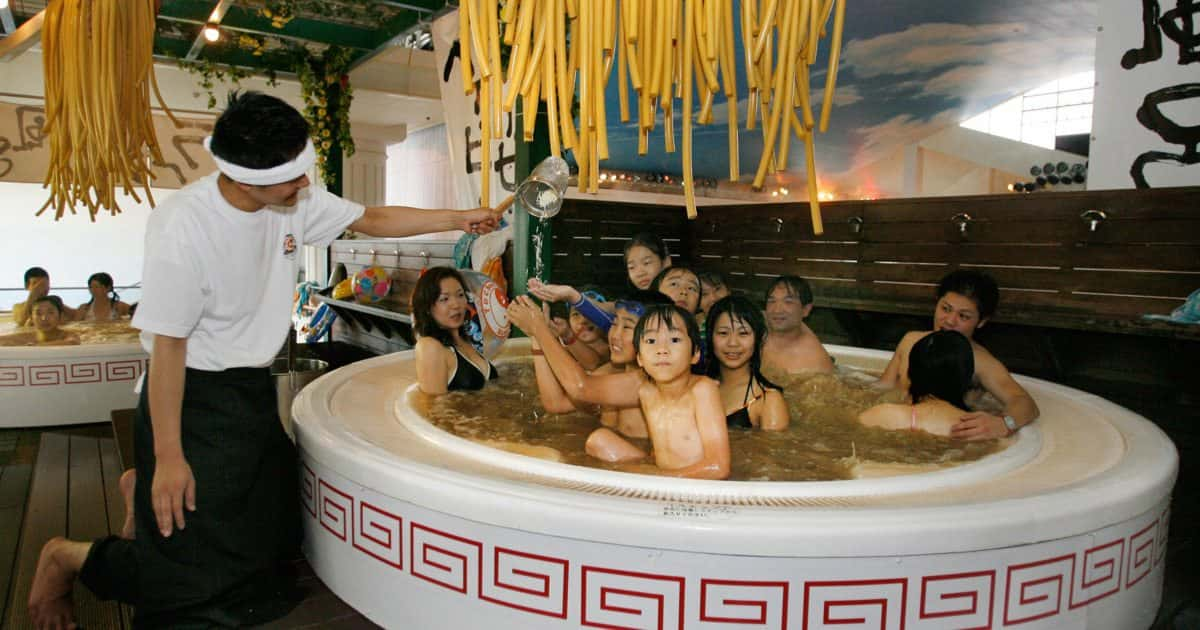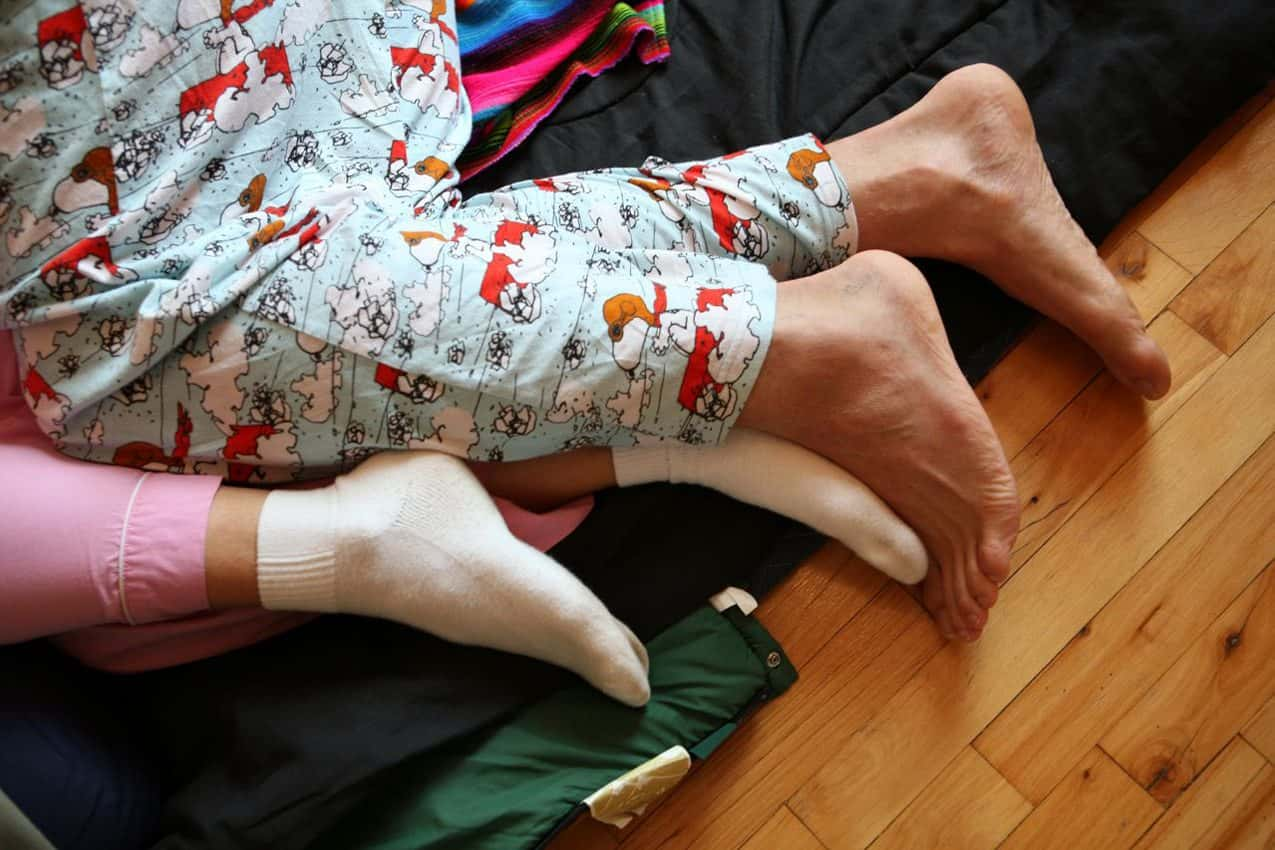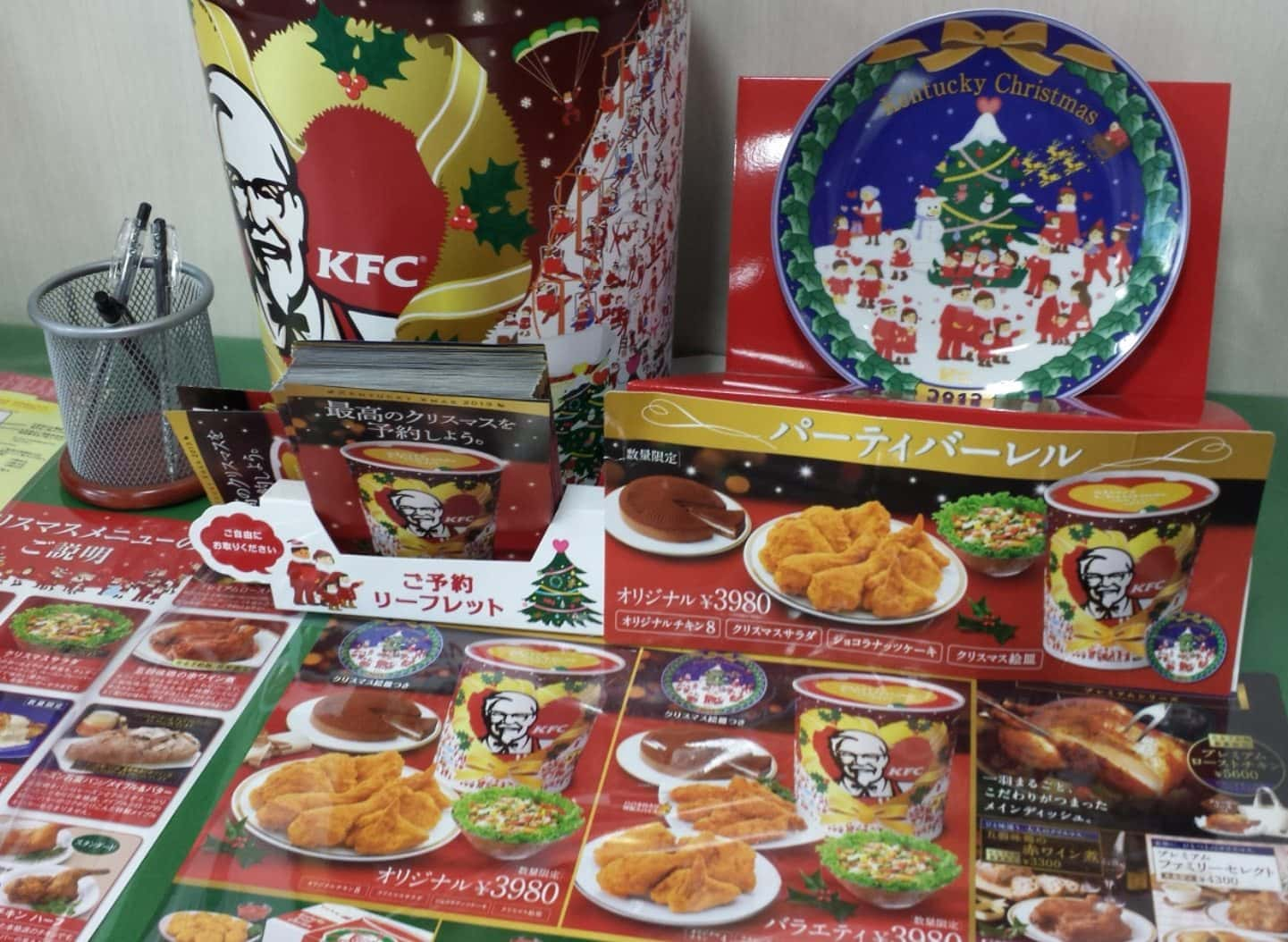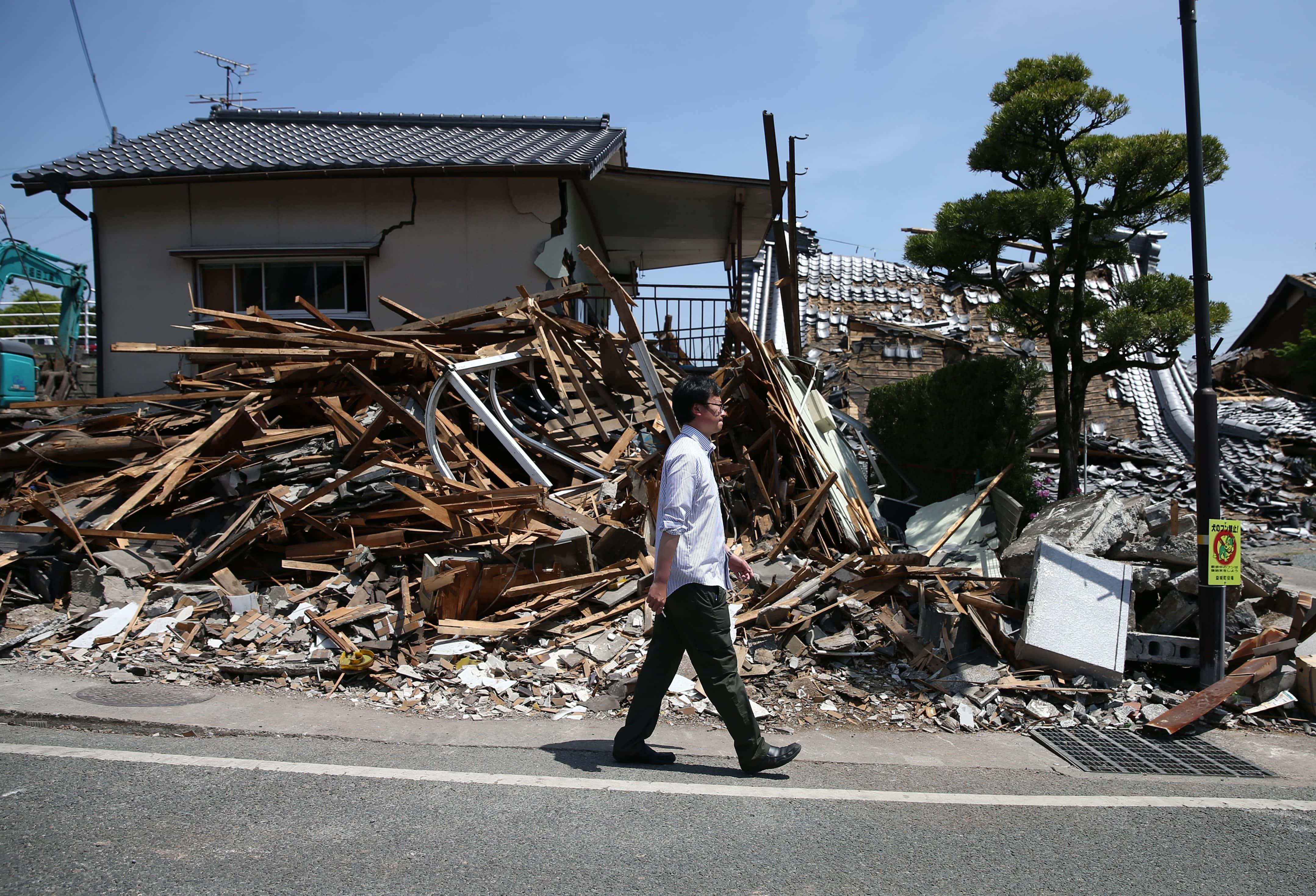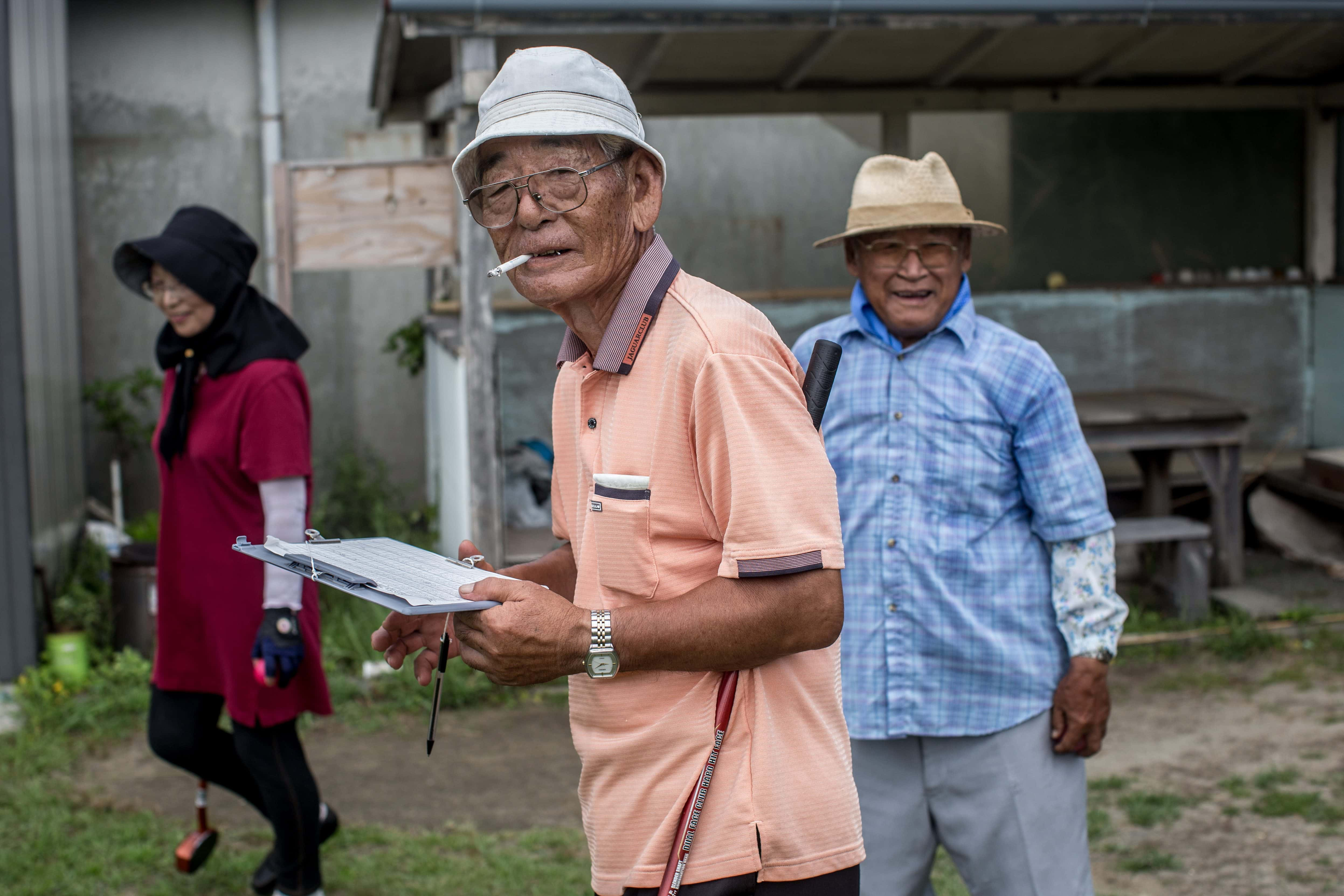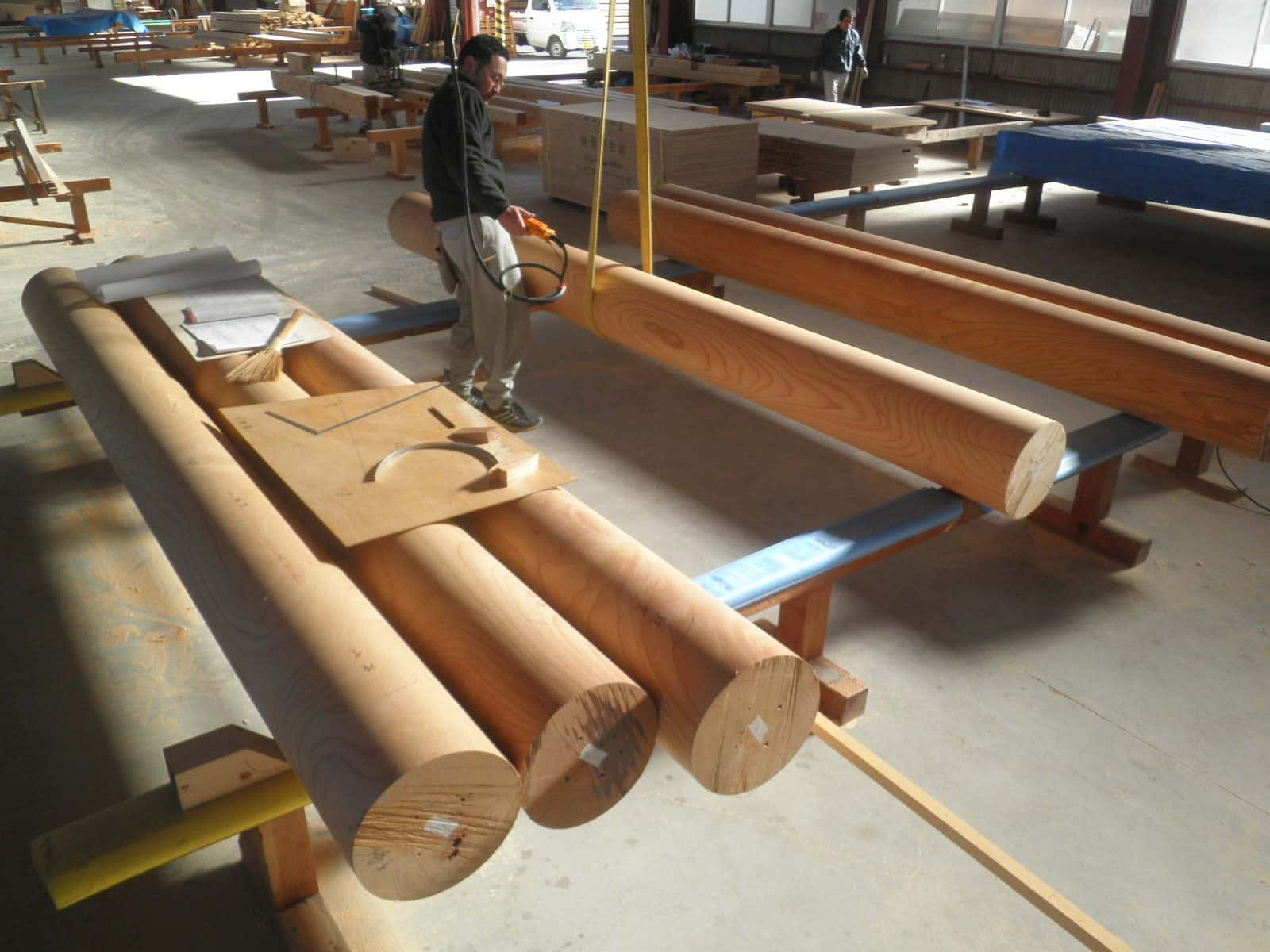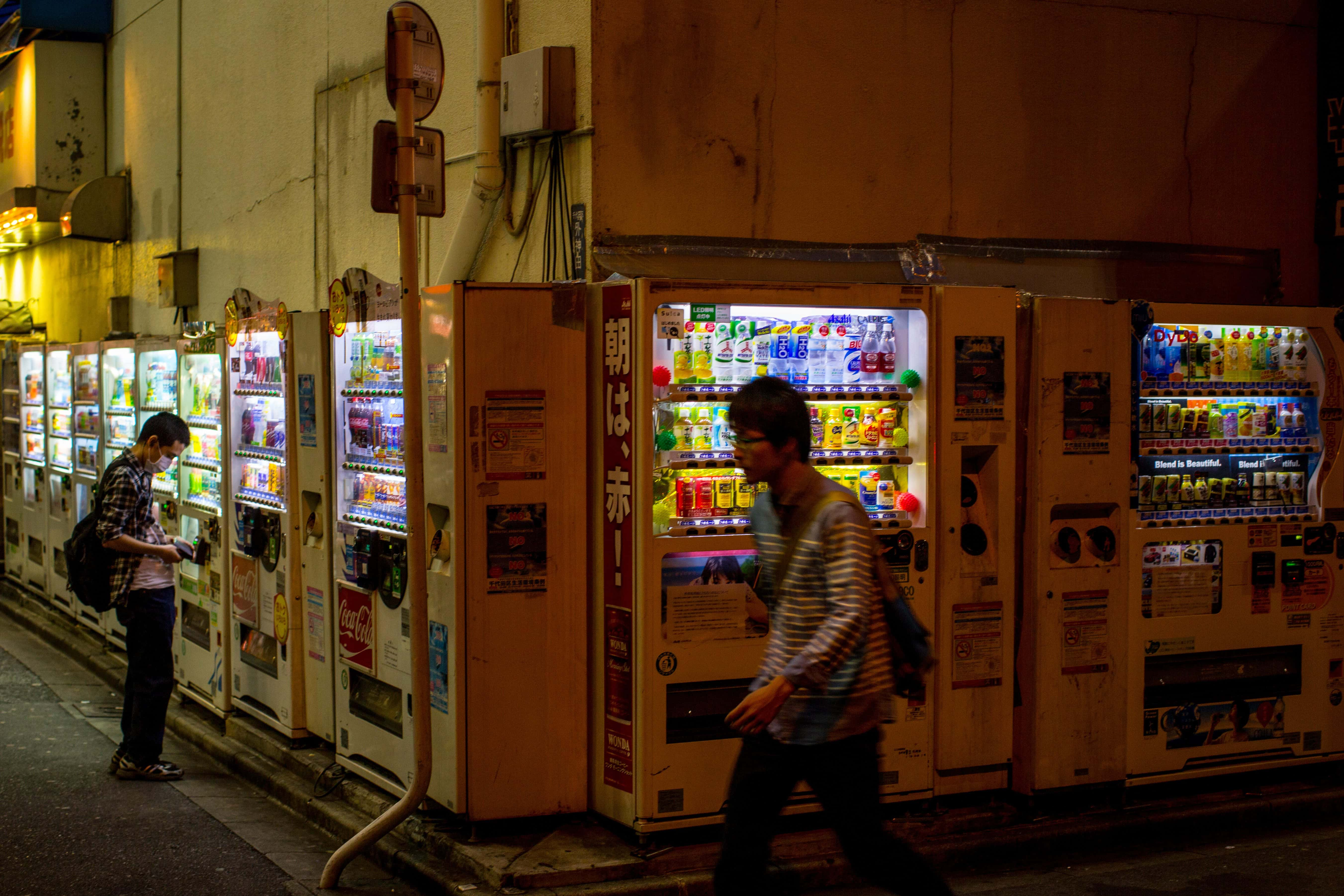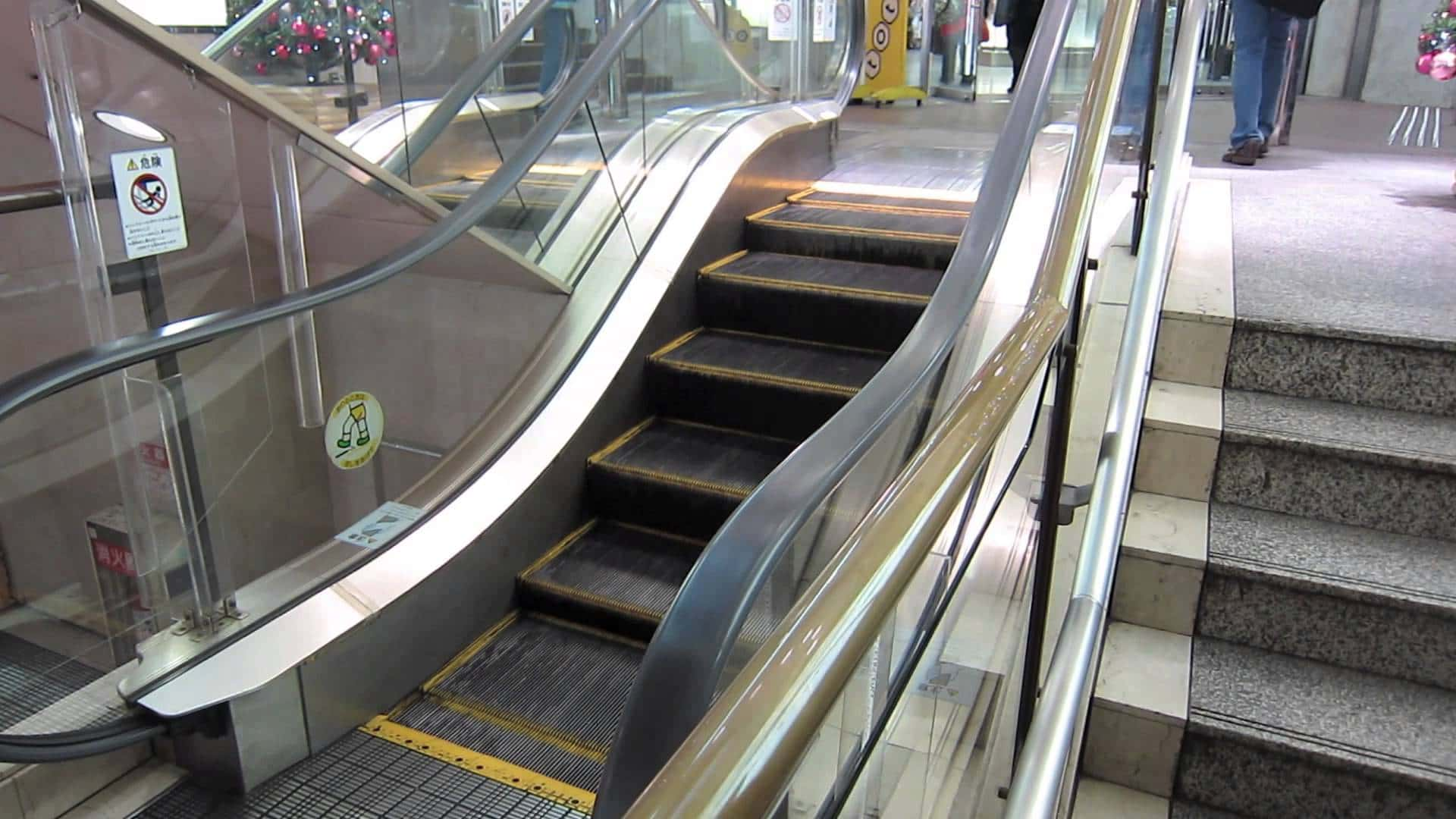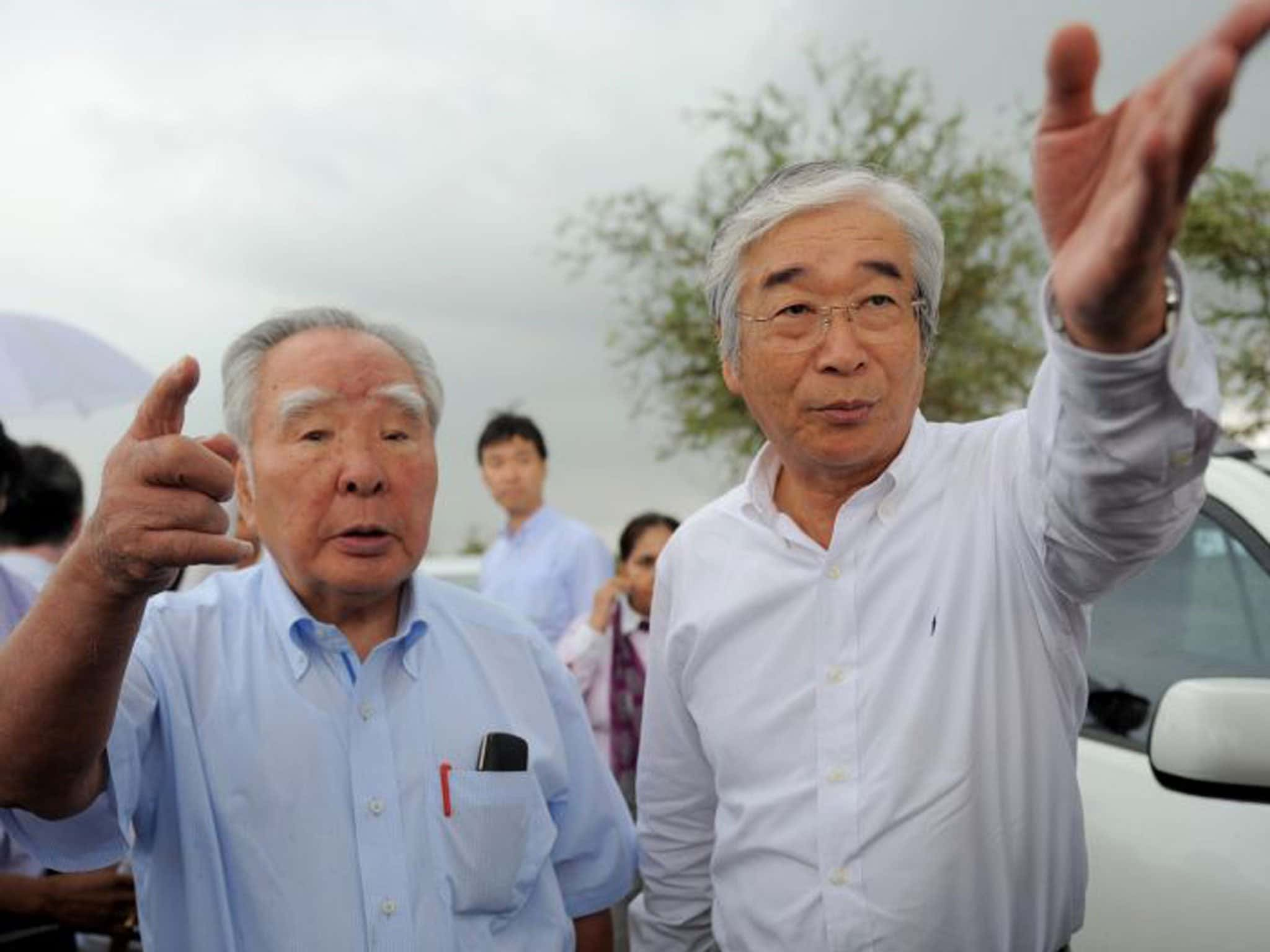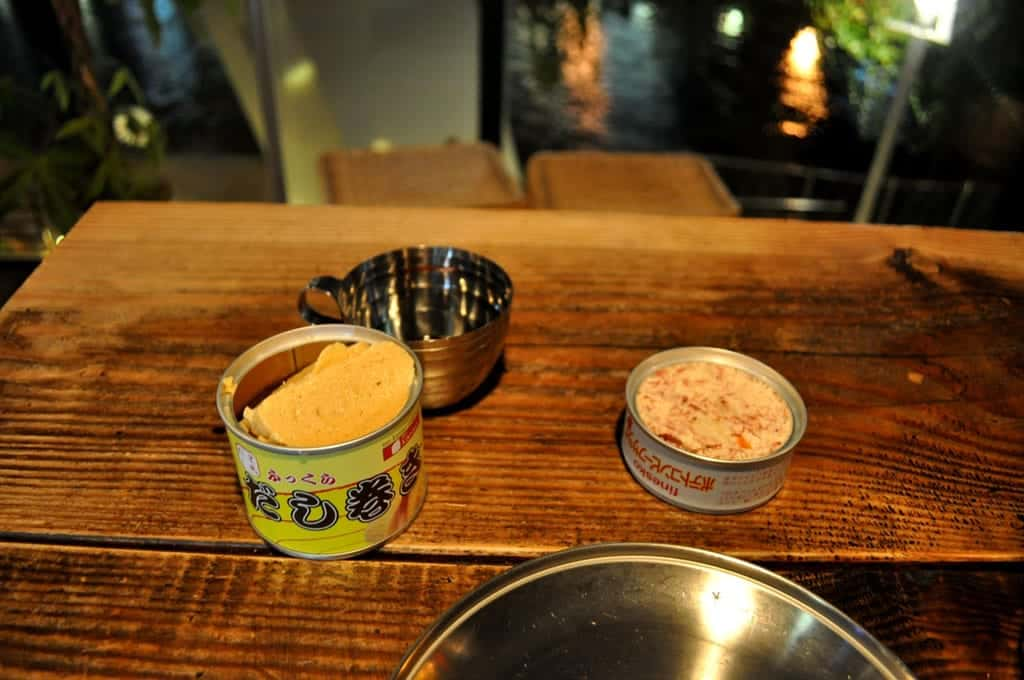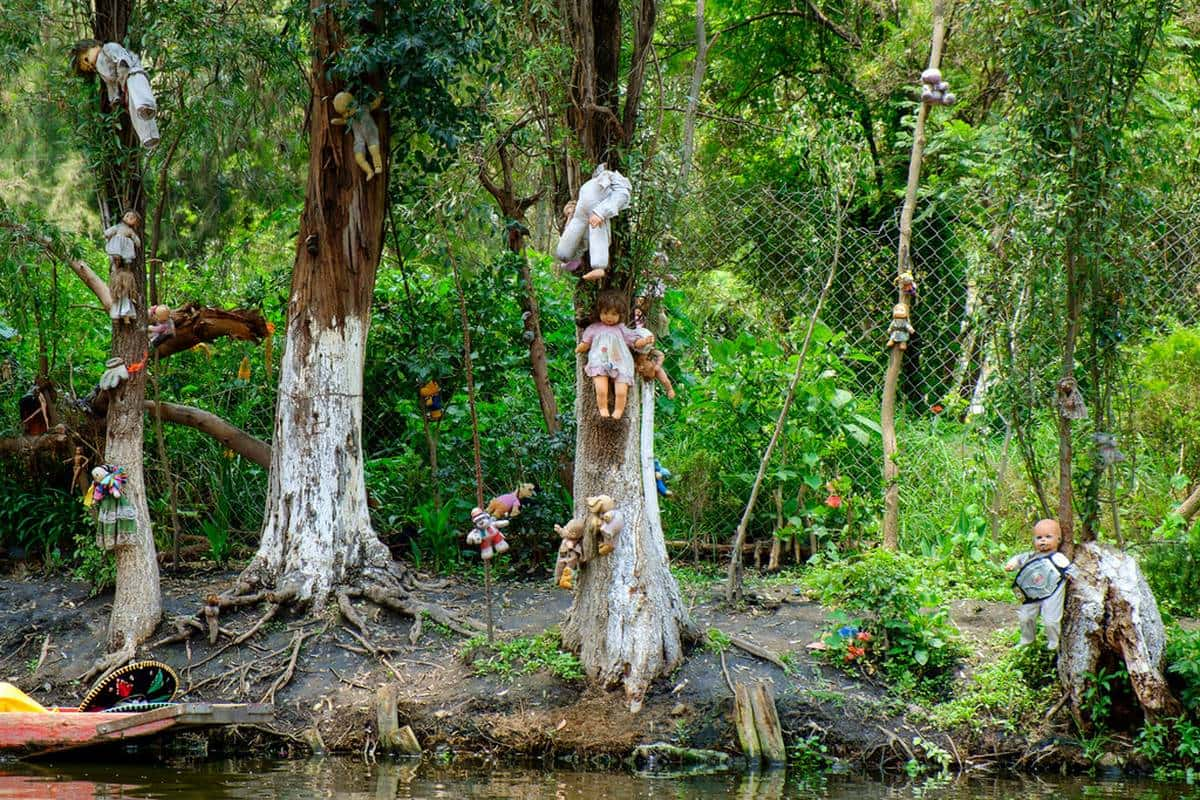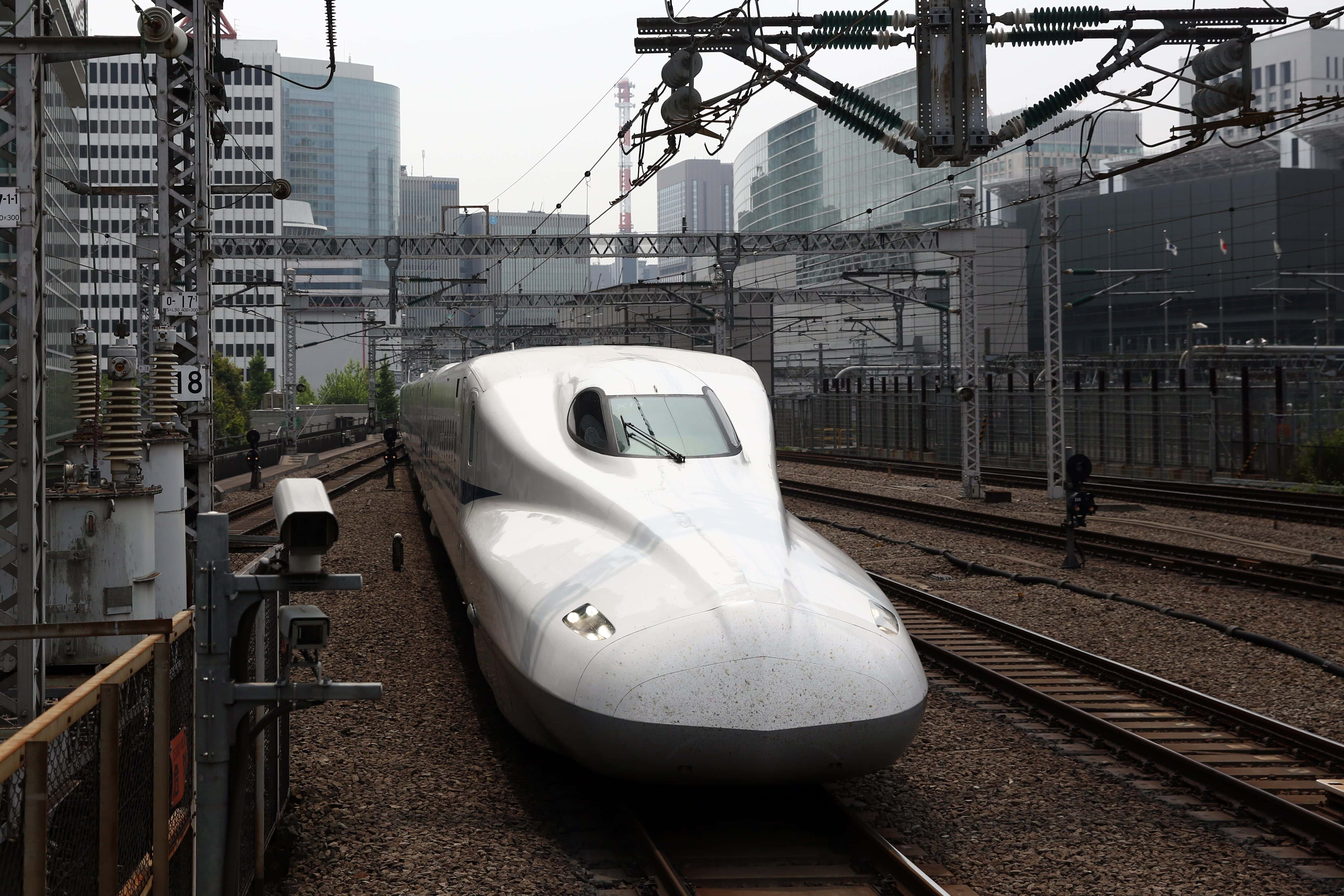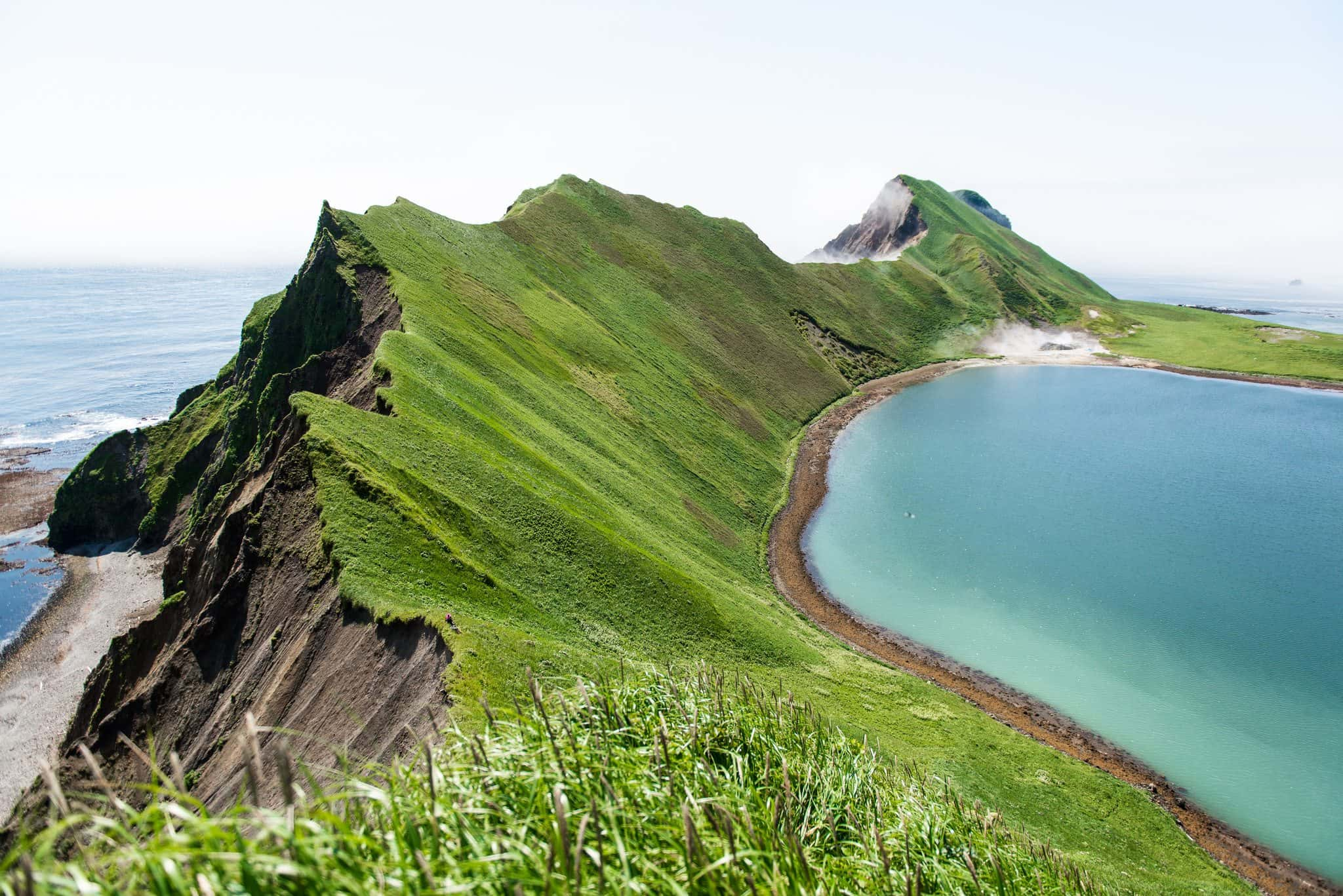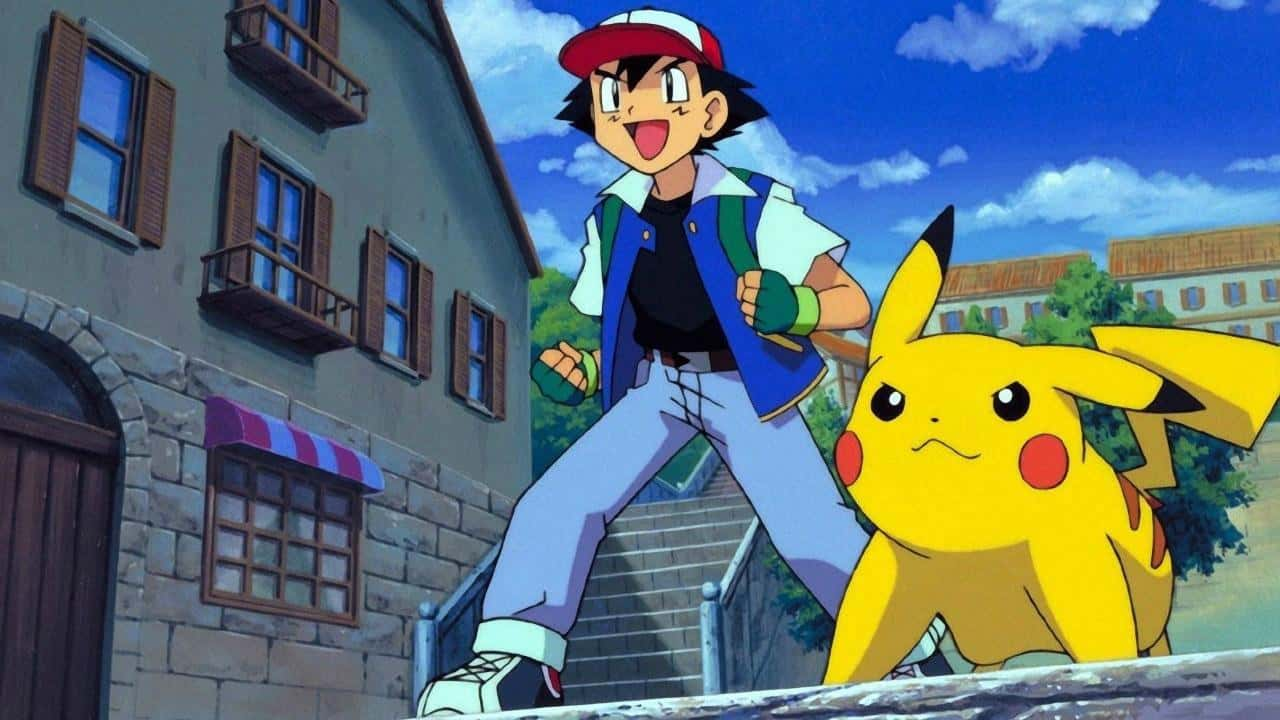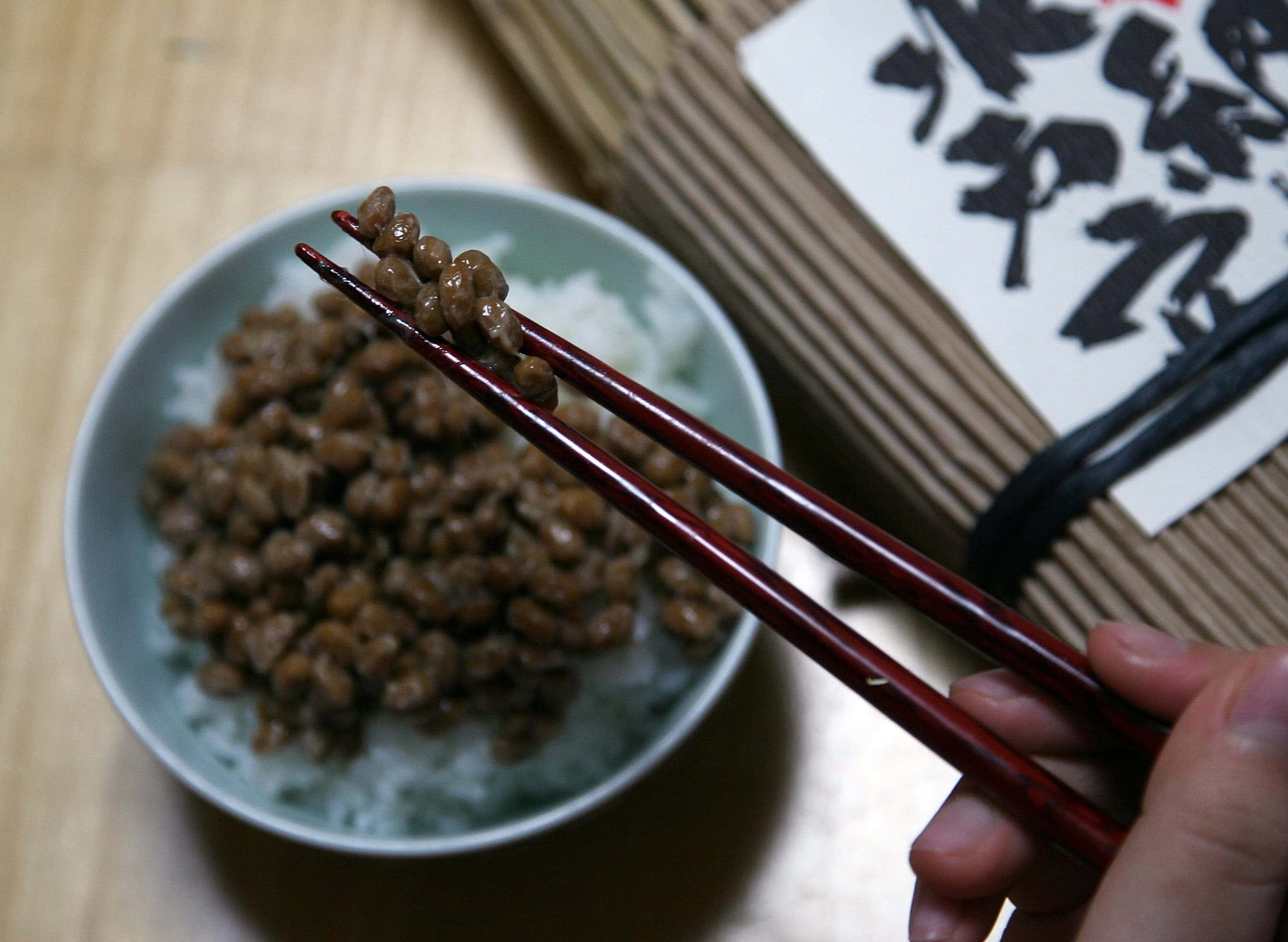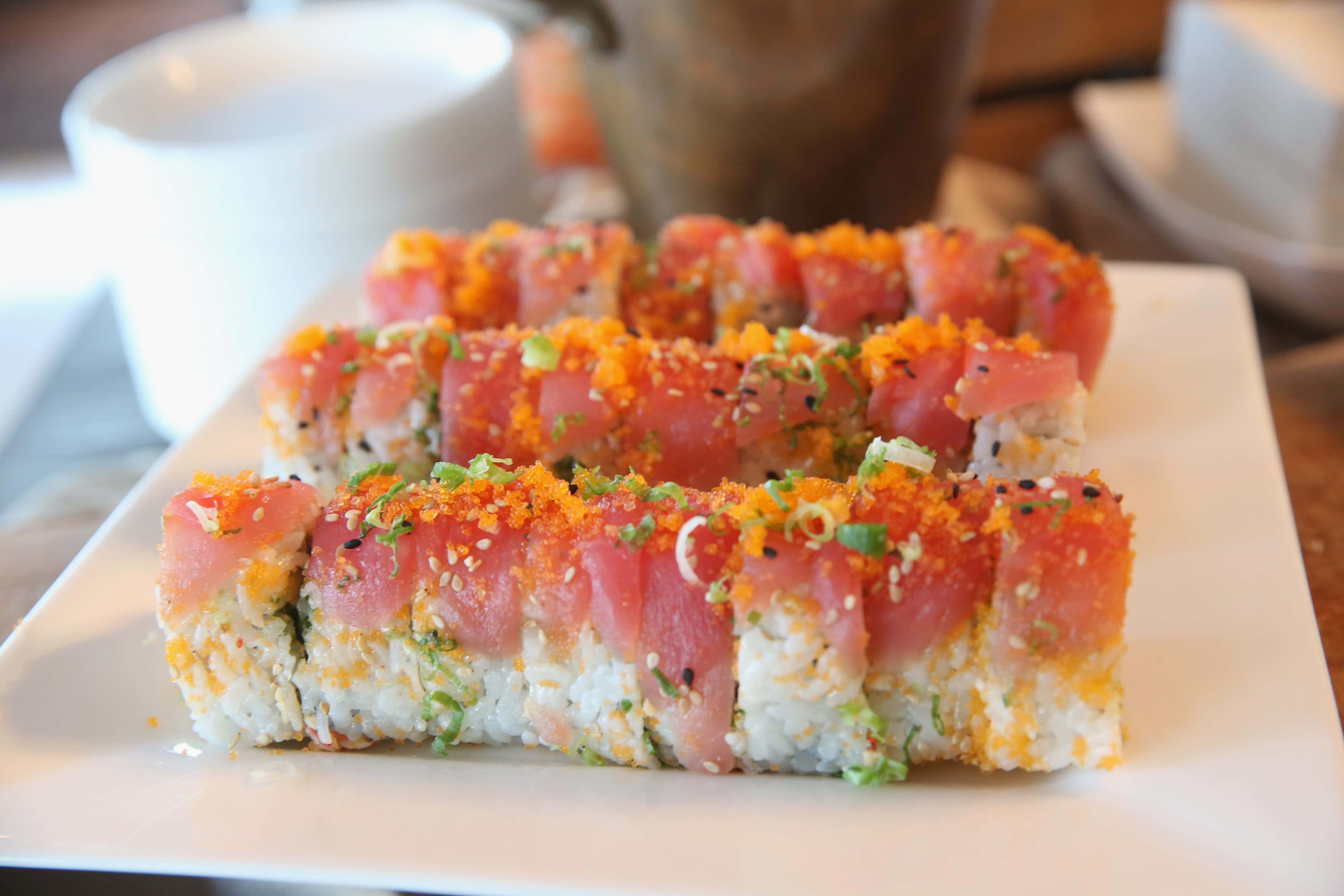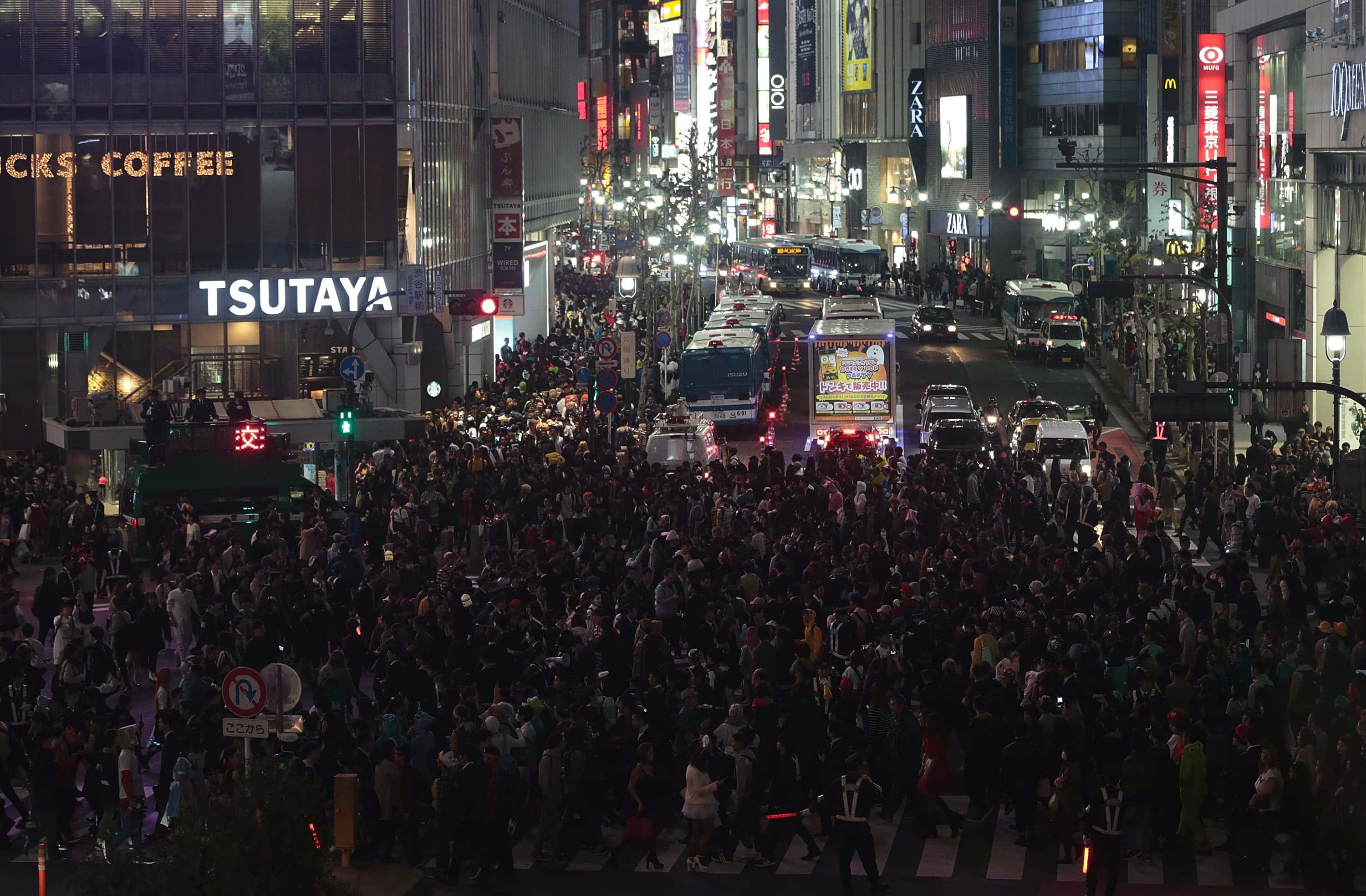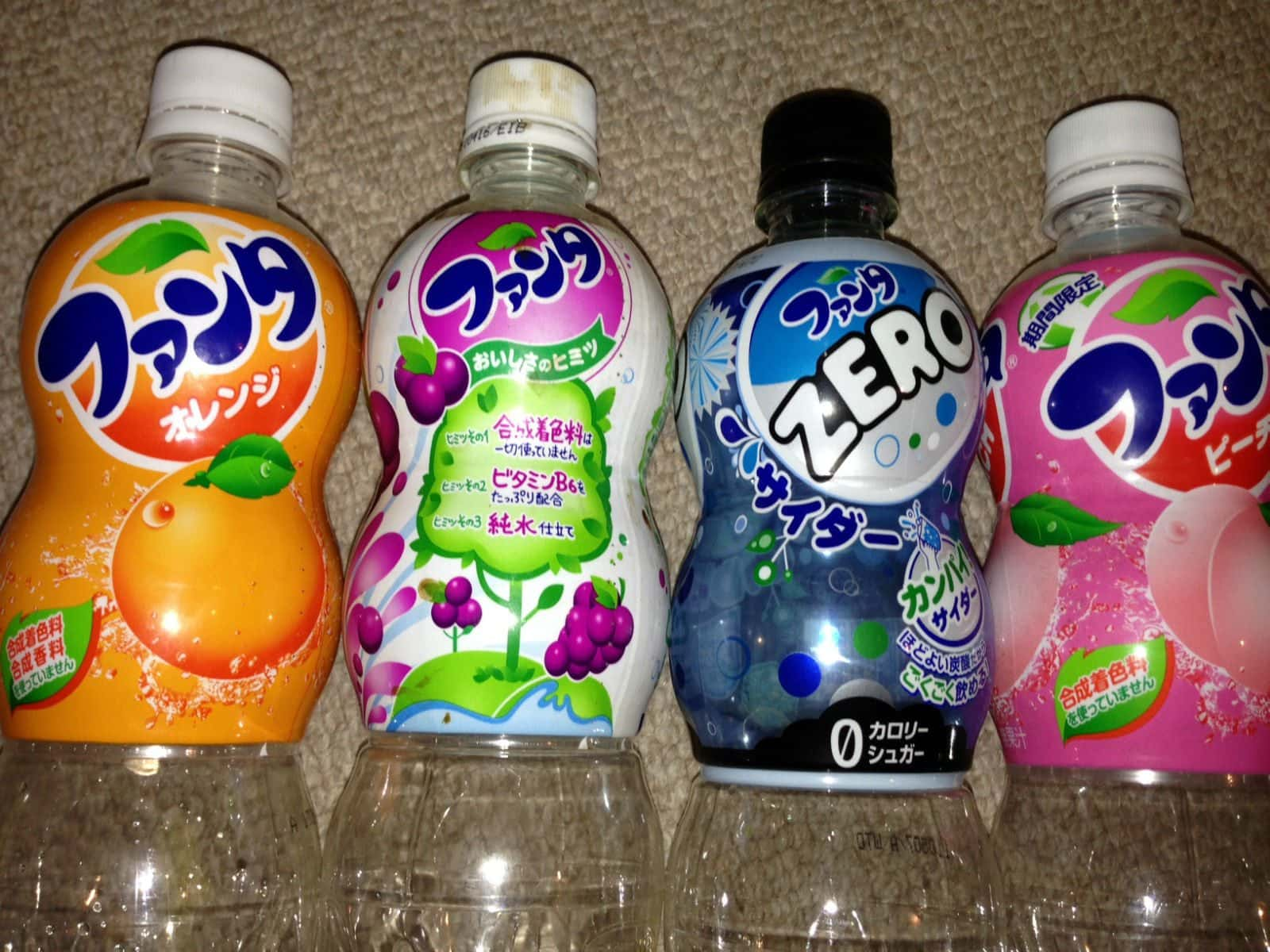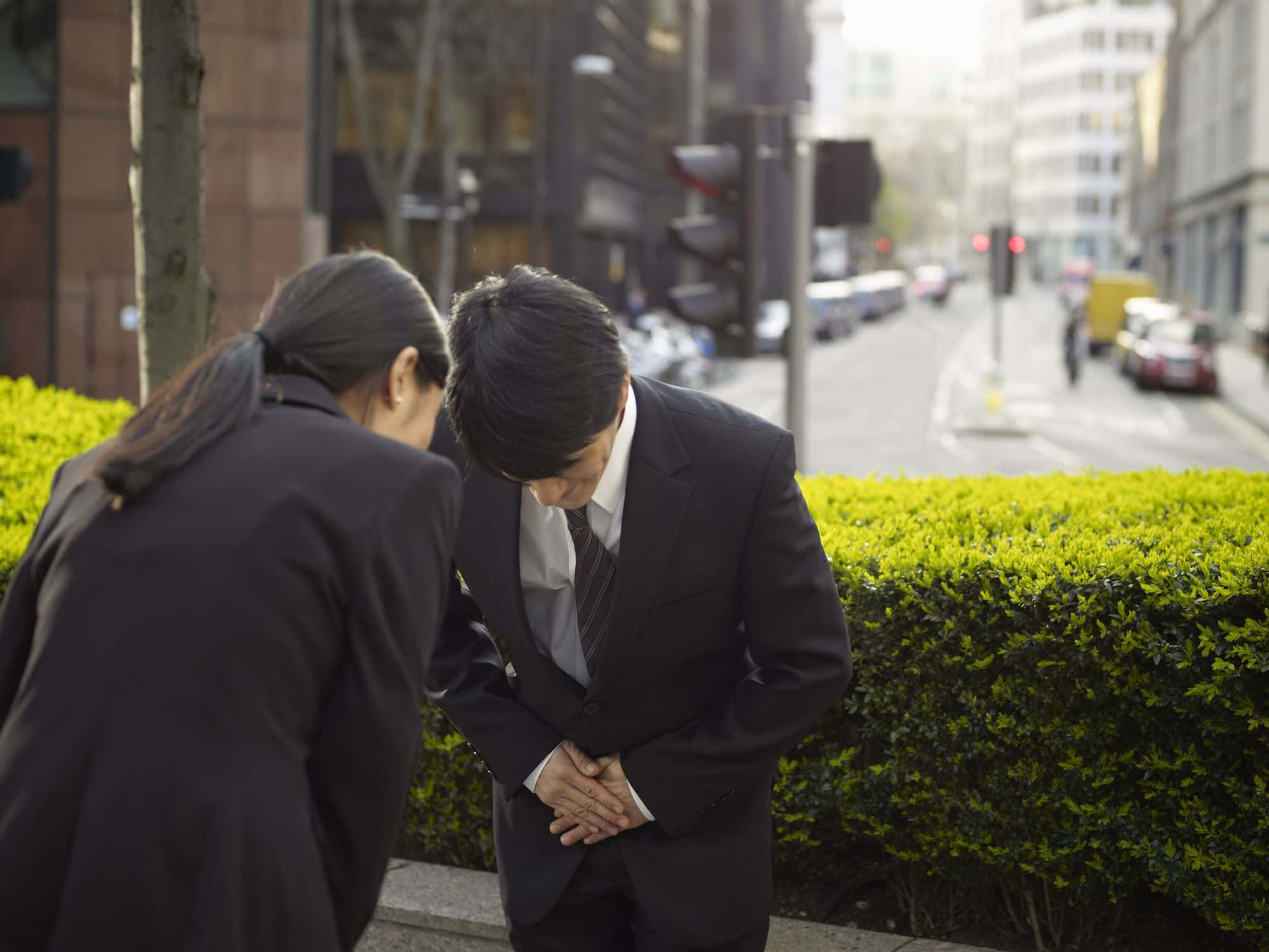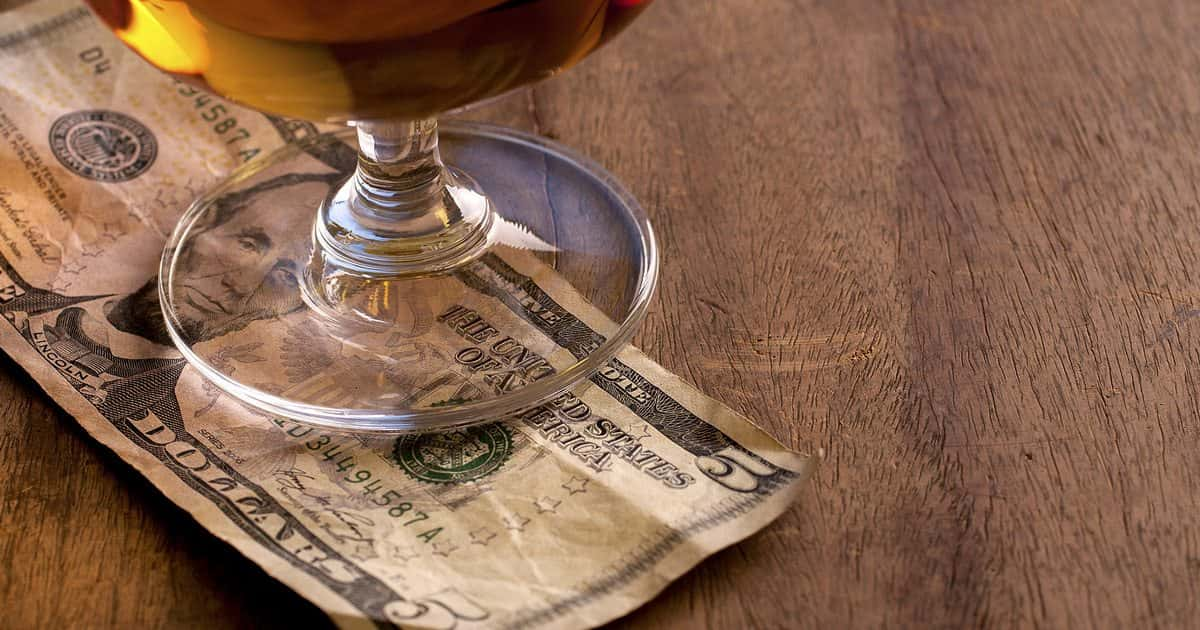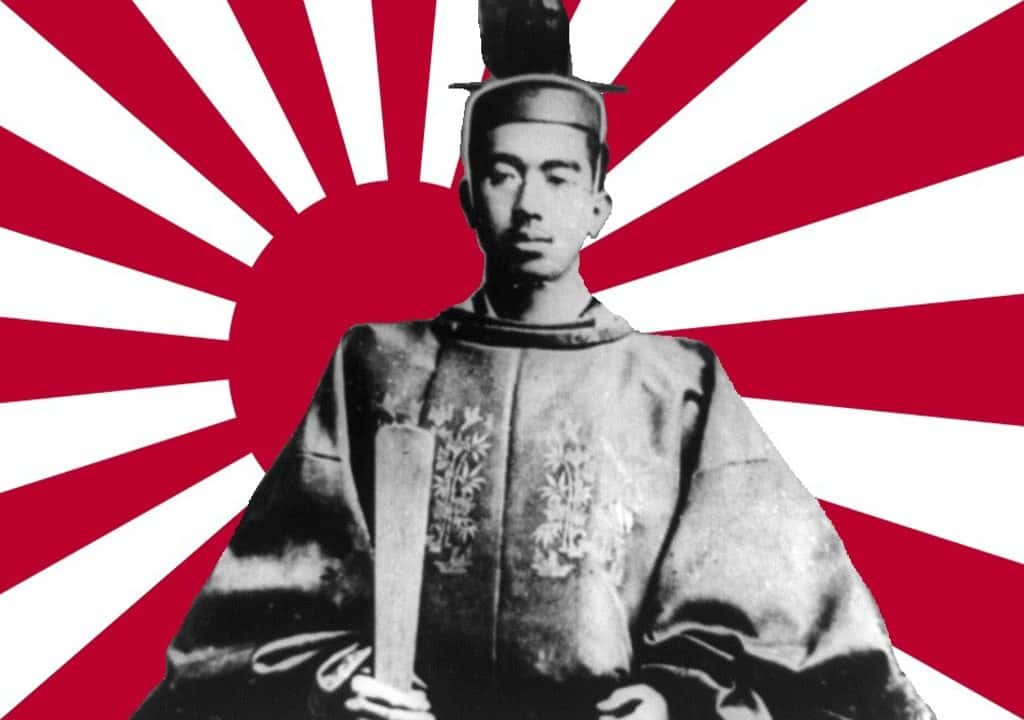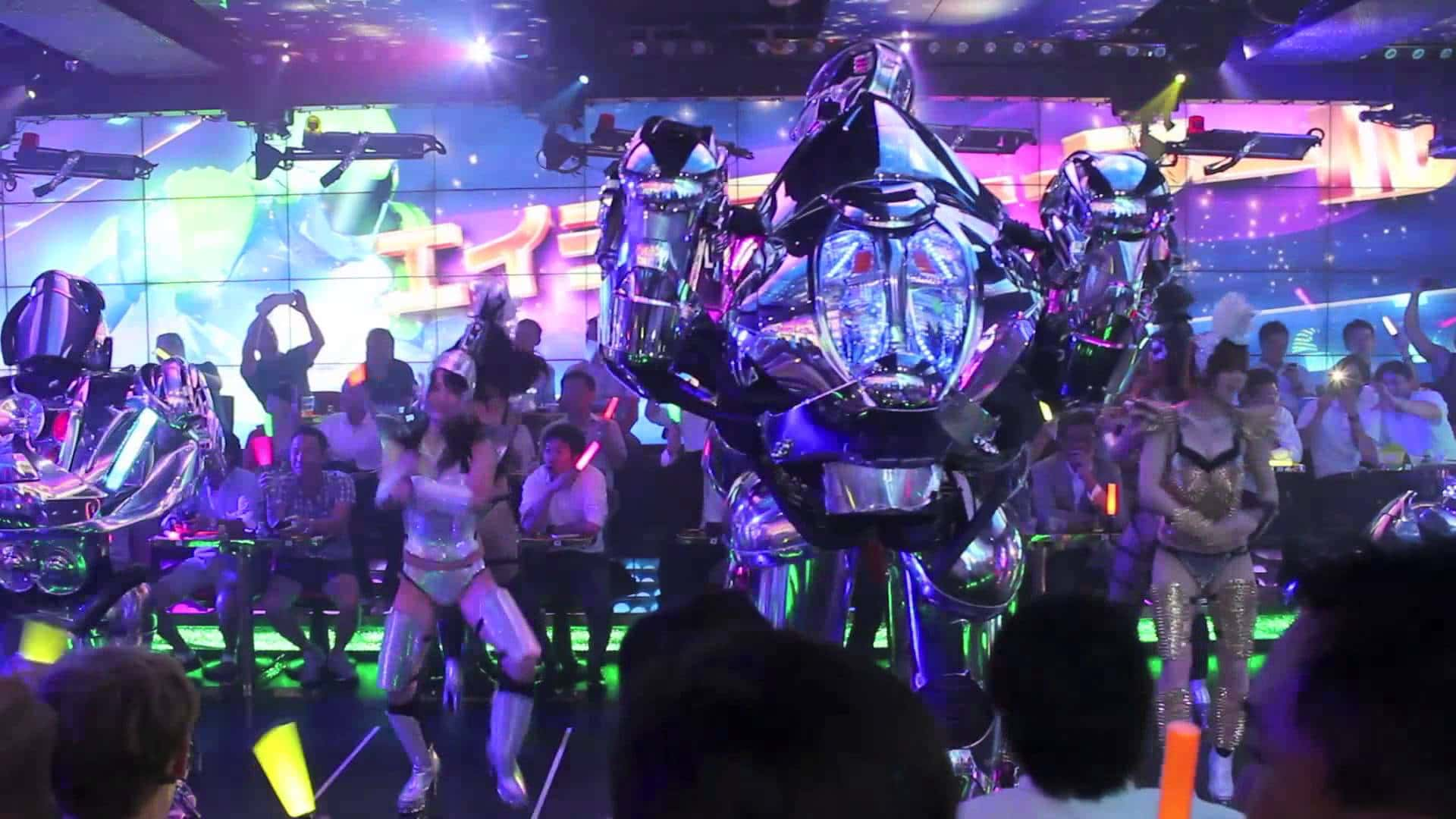Japan is one of the most technologically and socially advanced nations on Earth, but the country is also known for its idiosyncratic culture and pastimes.
Here are 43 weird facts about Japan.
43. No-Pants Party
A Hakada Matsuri, or “naked festival,” is more or less exactly what it sounds like. In dozens of places throughout Japan, thousands of men and boys strip down to loincloths in hope of gaining luck for the year.
42. Hot Stuff
Japan has a centuries-old tradition of traditional bathhouses. But the Yunessun Spa Resort is no traditional spa—there you can soak in a green tea spa, a sake spa, a coffee spa, and even a ramen-noodle spa.
41. Nap time!
Napping on the job—called inemuri—is seen as a sign of being a hard worker in Japanese business culture. Some people even fake it!
40. Rent-a-Cuddle
The first “cuddle cafes” opened in Tokyo in 2014. Called Soine-ya (literally “sleep-together shop”), they allow male customers to sleep next to a woman for a fee. Sexual requests are not allowed, but the menu includes “staring at each other for a minute” or “stroking the girl’s hair for three minutes” for 1,000 yen each.
Advertisement
39. Tan Tactics
Ganguro, which literally translates to “blackface,” is a recent trend in which women bleach their hair and wear facial makeup that approximates an exaggerated tan. This makeup doesn’t have the same meaning that it does in North American culture—instead, it’s a reaction to traditional beauty standards that require dark hair, pale skin, and understated makeup.
38. Gimme a Smile
Another unusual fashion trend is yaeba, in which young Japanese women have artificially uneven teeth installed to imitate a naturally snaggle-toothed smile.
37. A Visit From Colonel Santa
Kentucky Fried Chicken is a common Christmas tradition in Japan. An estimated 3.6 million Japanese families eat KFC as a holiday tradition, and daily sales in December can be 10 times higher than average. The KFC Christmas dinner special has to be ordered weeks in advance. The tradition started when an executive, after hearing expats wish for turkey to celebrate the holiday, began a “Kentucky for Christmas” marketing campaign—and it immediately took off.
36. Shake, Rattle & Roll
About 1,500 earthquakes hit Japan every year, and minor tremors occur on a daily basis. The nation sits on top of four tectonic plates, which is also the reason the country has so much volcanic activity.
35. A Grand Old Time
Japan’s population is aging rapidly. In 2012, there were more than 50,000 people over the age of 100. It’s estimated that by 2100, the elderly population of Tokyo—people older than 65—will equal the working age population—people between the ages of 15 and 64.
34. All in the Family
Japan is the home of the world’s oldest continually operating independent company. Kongō Gumi Co., Ltd, was a construction company that operated for over 1,400 years, until being absorbed by another company in 2006. Since its founding in the year 578, the company was run by members of the same family for 40 generations.
Advertisement
33. Vend-O-Matic
Japan has the highest density of vending machines worldwide, with approximately 5 million machines, or 1 machine for every 23 people. You can buy everything from live lobsters and bread in a can, to underwear and Buddhist amulets from a vending machine.
32. Cleaning With Class
As part of their school day, Japanese students clean their schools, in a tradition called o-soji. Time is set aside every day for students to tidy up classrooms, mop floors, and clean bathrooms. A few times a year, they also clean up in the neighborhood around the school. The practice teaches students to help others and respect their surroundings.
31. Going Down
The world’s shortest escalator is the one in the basement of the More’s Department Store in the city of Kawasaki. It’s 33 inches tall and has only five steps.
30. Father Figure
Adults are more commonly adopted than children are in Japan. Over 90% of the people adopted in 2011 were men between the ages of 20 and 30. These adoptions are often a way for a family to secure a heir or pass down a business. Adult adoption is also used as a legal alternative to same-sex marriage, which is not formally recognized in Japan.
29. Yes You Can
A chain of restaurants called Mr. Kanso only serves food that comes out of a can. At the more than 40 locations nationwide, diners can choose from more than 300 dishes, from cuisines from around the world. Options include salad in a tin from France and walrus curry.
28. Dance Dance Revolution
Late-night public dancing was outlawed in Japan after World War II as an attempt to curb prostitution, and the law was only overturned in 2015.
Advertisement
27. Homebound
Roughly 541,000 Japanese between the ages of 15 and 39, most of whom are male, live lives of total seclusion. These young people are called hikikomori. The Japanese Health, Labor, and Welfare Ministry defines the term, which was coined in the 1980s, as people who have not left their homes or interacted with others for at least six months. Support centers and virtual high schools have been established to help the hikikomori, whose condition is thought to stem from psychological issues as well as the high expectations Japanese society places on men.
26. Final Forest
In the shadow of Mt. Fuji, the Aokigahara forest is the world’s second most popular place to commit suicide, after the Golden Gate Bridge. About 70 bodies are found in the woods every year, but it’s assumed that many bodies are lost in the forest. The location’s popularity was revived by the novel Kuroai Jukai, which ends with a romanticized joint suicide. Japanese authorities have stopped reporting actual death counts to avoid making the forest an even more popular suicide destination.
25. A Land of Islands
The nation of Japan is made up of over 6,000 islands. The four largest are Hokkaido, Honshu, Shikoku, and Kyushu. Around 400 of these islands are inhabited.
24. On Track
Japanese trains are among the most punctual in the world. The average delay on the Tōkaidō Shinkansen, the most heavily traveled high-speed rail line in the world, is about half a minute. Trains are expected to be so punctual that if a train is five minutes late, the railway company may issue official delay certificates, to provide proof for employers and appointments. If a train is delayed for an hour or more, it may make the newspaper.
23. Pet Paternity
Japan has more pets than children. The country has an estimated 22 million pets, but only 16.6 million children under the age of 15.
22. No Sex Please, We’re Japanese
According to the director of Japan’s Family Planning Research Center, the Japanese birthrate is falling, in large part, because of a distaste for sex. Almost half of married couples have sex less than once a month, and 32% of young men dislike sex because they are “afraid of failure and rejection by women.” 60% of women in their mid- to late-20s are single, and 70% of unmarried women are not in a steady relationship. Marriage is still thought of as a requirement for having children—only 2% of Japanese children are born out of wedlock.
Advertisement
21. Stuck in the Middle With You
Technically speaking, World War II isn’t over. Even though it was drawn up in 1945, Moscow and Tokyo never signed the peace treaty that would have formally ended the war. The animosity between the two countries comes from a territorial dispute over the Kuril Islands, an island chain equidistant between the two nations, which Russia invaded in 1945 and continues to occupy. Today the 30,000 Russian citizens on the island chain live in a state of constant readiness for war, with ballistic missiles pointed in Japan’s direction.
20. Char-Hazard
After a particularly intense episode of the anime series Pokémon that aired December 16, 1997, 685 Japanese children were hospitalized for headaches, dizziness, nausea, and even seizures caused by the show’s repetitive visual effects. After the incident, labeled the “Pokémon Shock,” the show went into a four-month hiatus, and the episode was not broadcast again worldwide—but some viewers also had seizures when the offending scenes were shown on news reports about the incident.
19. Chopped Up
Japan uses around 24 billion pairs of disposable chopsticks each year; almost 200 pairs per person per year. In Japanese cultural etiquette, chopsticks should not be crossed on a table—which symbolizes death—or stuck vertically into a bowl of rice, which is done at a funeral.
18. Highway to the Sixth Floor
The Gate Tower Building in Osaka has a highway that passes through the building, between the fifth and seventh floors.
17. Island Hopping
The island of Ōkunoshima is known as “Rabbit Island.” Thousands of travellers come every year to visit the wild rabbits, who are so friendly they will jump up into your lap. This bunny paradise has a dark origin, though—the rabbits were originally brought to the island during World War II as test subjects for a deadly poison.
16. Norway’s New Nigiri
Japan is known worldwide as the land of sushi. However, one of the most popular kinds of sushi isn’t Japanese in origin. A Norwegian diplomat introduced salmon sushi to the Japanese in the 80s to sell his country’s own fish. Before then, the Japanese didn’t eat salmon raw—it was usually grilled or dried. Even then, salmon sushi didn’t really catch on until the mid-90s.
15. Where the Streets Have No Name
Most Japanese streets don’t have names. The system used for postal addresses is complex and idiosyncratic, starting with the prefecture (kind of like a state), then the city or municipality, the district, and then the block (for urban addresses) or the land number (in rural locations). To give directions to a location, most people give landmarks and subway stations. Many businesses include maps on their business cards.
14. New Lizard in Town
Godzilla was recently made an official resident of the Shinjuku ward of Tokyo. He was given Japanese citizenship and appointed as the ward’s tourism ambassador.
13. Wanna Fanta
Japan has more than 70 flavors of Fanta, including Genius Energy, Snow Squash, and Hip-Hop.
12. As the World Turns
Does it feel like time has been moving faster recently? The 2011 earthquake near Japan shifted the earth’s axis by 10 to 25 centimeters, increasing the rotation speed of the earth and shortening the day by 1.8 microseconds.
11. So Many Ways to Say Sorry
There are more than 20 ways to apologize in Japanese.
10. Village of the Dolls
The village of Nagoro has more life-size dolls than human residents. A local artist named Tsukimi Ayano creates the dolls based on former locals as they die or move away. Ayano poses the dolls in various states of action around the village. There are more than 350 dolls, but only around 40 real-life residents.
Hi neighbor!
9. Gratuitous Gratuity
If you tip waitstaff in Japan, you risk being considered rude.
8. Divine Rule
In the Shinto religious tradition, the Japanese emperor is considered divine, and his voice is that of a god.
7. A God Surrenders
The first time that the Japanese people heard their emperor’s voice was when he announced the country’s surrender in World War II on the radio.
6. Break Me Off a Piece
There have been more than 300 different Kit Kat flavors in Japan, including soy sauce, “European cheese,” and wasabi. Some of them are limited or regional editions. Because the candy bar’s name coincidentally sounds like the Japanese expression Kitto Katsu, which translates to “You will surely win,” it is a popular good-luck gift for students ahead of university exams.
5. Chocolate or Choco-Not?
There is a game show in Japan where one item in a room is replaced with a look-alike item made of chocolate or other candy, and contestants have to try to find it. By biting into various objects.
Is it chocolate ?
4. Magic on a Stick
Food scientists in Japan have recently invented ice cream bars that do not melt. While experimenting with the chemistry of strawberries to help farmers affected by the 2011 tsunami, these scientists accidentally discovered a chemical that solidifies cream almost instantly. Ice cream bars made with this compound can hold their own against an air dryer for five minutes without melting!
3. That’s How He Rolls
Sushi-chain owner Kiyoshi Kimura, known as Japan’s Tuna King, recently paid $600,000 for a 467 lb Bluefin tuna at the famous Tsukiji fish auction. Based on the auction price, a single piece of sushi from this fish would cost about $85. This was not Kimura’s most expensive fish, though—the distinction goes to the $1.8 million fish he bought in 2013.
2. It’s Not Just the Food
Japan loves over-the-top theme restaurants. Along with an Alice in Wonderland themed restaurant, you can visit the Kabukicho Robot Restaurant—where the sexy robots make it resemble an automated gentlemen’s club—the underground lair of the Vampire Café, and Alcatraz ER, which is made to look like a mental institution from a horror film.
1. That’s Right, “Steel Phallus”
Each spring, the Shinto celebration Kanamara Matsuri—the Festival of the Steel Phallus—is held at the Kanayama Shrine. The festival celebrates the legend of a metal penis that was constructed to thwart a demon that had hidden in a young woman’s vagina, ruining her wedding night. The shrine was a popular site for prostitutes, who prayed for protection from sexually transmitted infections. Today, the festival is used to raise money for HIV research.


